
SCARS Institute’s Encyclopedia of Scams™ Published Continuously for 25 Years

RSN™ Insight: Understanding Nigeria – Understanding African Corruption
To Really Solve The Problem Of Nigerian Based Scamming We Need To Engage At Many Levels
We need to engage at the international diplomatic level, at the global law enforcement level, but we also need to understand the inherent corruption of Nigeria, both internally and across their region.
The following article from Nigeria paints a detailed picture of the internal societal corruption that has spawned today’s Yahoo Boys.
The Yahoo Politicians From the South-East, By Kenneth Amaeshi
This account of social and political change in Igboland is one way to understand the cultural transformation of some South-Eastern States in the last 50 years. This has been the scourge of the Igbos – a self-inflicted wound by a people who in the true quest for survival set aside the values that held them together as a good society over the years.
Although the Nigerian civil war ended with no victor and no vanquished, it left many people and families, in the then Biafra, in deep distress and penury. With the inhuman devaluation of the Biafran currency and with little to fall back on, there was no cause for joy. Sadness and gloom covered the land.
Nonetheless, “man must wack; man must survive”.
Arguably, it is this survival instinct that has continued to propel the average Igbo person, especially in a country where he rightly or wrongly feels marginalised. The survivalist finds a natural home in the market of goods and services – an arena for private entrepreneurship – outside the seemingly lucrative space of the public sector. Some Igbos really work hard to re-establish themselves through genuine entrepreneurship.
However, this survival instinct also pushes a few over the cliff of morality and reasonableness. For this few, the quest for survival gradually transforms to the wanton quest for materialism and all it brings. Success is subsequently redefined as the amount of money one has access to and control of. Eventually, this financial success through entrepreneurship inadvertently starts to question and challenge the need for schooling and the legitimacy of formal education amongst the Igbos. As such, formal education is not only subtly undermined, but also ridiculed in some quarters.
Given the vicious absence of the government in most of the towns and cities in Igboland, many of them resort to self-help to provide local infrastructure such as roads, schools, hospitals, electricity, pipe borne water and other social amenities. This self-help is often through voluntary donations and communal levies. Obviously, the money bags are usually the highest donors.
Over time, money gains legitimacy and appears to be the sole signifier of social status and achievement. It attracts worshippers. Everyone now wants to be rich at all cost – even at the expense of good education. As such, the quest for money eventually takes a questionable turn.
The Eze-ego (the king of money or money king) now trumps the teacher – a person who impacts knowledge. In community gatherings, the Eze-egos are hailed and celebrated. Musicians, who also do not want to be left out of this milieu of questionable largesse, convert to praise-singers. It is not difficult to see how the money bags are now the role models for many.
It is important to note that the yahoo boys are not only Igbos. They are not only from the South-East. They cut across all ethnic groups and regions in Nigeria. Nonetheless, the prominence, prevalence, and pervasiveness of this group is very significant in some parts of the South-East of Nigeria.
The societal tolerance of this triumph of questionable money over education is the beginning of the dismantling of good values in Igboland. People have stopped asking questions about people’s sources of wealth. They have set aside an ancient tradition of societal scrutiny and accountability. Anything now goes as far as it makes money.
It is exactly this drop in value that opened the floodgate to what is generically and metaphorically described here as the yahoo boys business. These are simply fraudsters who dupe people (their mugus) while promising them bogus business opportunities – e.g. the phantom oil wells and other dodgy transactions. They mainly target the rich Western world, but the locals are occasionally not spared of their vicious reach. The gullible ones in the global West are easy preys. Their gullibility outsmarts them and they fall on their own sword, so to speak. There are also some innocent victims of these callous yahoo boys.
A good number of the yahoo boys start in Lagos, which has good telecommunications, an international airport, and a seaport – things you can only dream of in the South-East. Lagos also offers a much better business-like environment and a convenient background to defraud the targets of the yahoo boys. It was then a fax, as much as it is now a fast, business.
The yahoo boys really make money. The time investment is much shorter than going through the odd 16 years of the 6-3-3-4 system of education (assuming the four years of university education does not become eight years due to incessant university lecturers’ strikes). In less than a year, one can hit it big. Millions of American dollars. A lot to spend on flashy cars, choice properties, and women – the envy of any young man.
They have money and life in abundance. The culture of “spraying money” at ceremonies, or at the least provocation to display stupendous wealth, trails this living large syndrome.
It is important to note that the yahoo boys are not only Igbos. They are not only from the South-East. They cut across all ethnic groups and regions in Nigeria. Nonetheless, the prominence, prevalence, and pervasiveness of this group is very significant in some parts of the South-East of Nigeria.
As ridiculed as education has been, it still remains a true source of enlightenment and societal emancipation. Knowledge is power, as they say, and true knowledge liberates the soul from the inglorious shackles of excessive quest for materialism.
With the acquisition of money also comes the temptation to control power. This is exactly what has happened in the politics and governance of some States in the South-East. Allegedly, the yahoo boys have hijacked both the formal and informal political apparatus. This is not too difficult to apprehend in an era of money-bag and stomach infrastructure politics. In some States in the South East, the political machinery of the formal and traditional governance is proudly and boldly controlled by the Lagos boys. It is all an open secret.
The sad reality is that the people mostly affected by the incursion and onslaught of the yahoo boys syndrome have collectively lost the moral courage to question people and their ill-gotten wealth. The yahoo boys have found a more legitimate source of looting the common treasury through political offices. It is now easier to perfect and legitimise the thuggery and thieving behaviours of the yahoo boys. The electorates and citizens have, in turn and inadvertently, become their new mugus.
This account of social and political change in Igboland is one way to understand the cultural transformation of some South-Eastern States in the last 50 years. This has been the scourge of the Igbos – a self-inflicted wound by a people who in the true quest for survival set aside the values that held them together as a good society over the years. The collective muteness and the blatant acceptance of the yahoo boys politics and culture in some South-Eastern States will continue to haunt the Igbos.
Societies are often destroyed when the quest for survival becomes a quest for excessive materialism. The Igboland, with its fair share of extremely bad governance and politicians, remains a quintessential example of this. Until the Igbos are prepared to collectively challenge this ugly culture, they will continue to bear the gross burden of its consequences.
As ridiculed as education has been, it still remains a true source of enlightenment and societal emancipation. Knowledge is power, as they say, and true knowledge liberates the soul from the inglorious shackles of excessive quest for materialism.
The Igbos should go back to their roots, rediscover their values, and embrace true education (not just certificates). Only that truth can set them free!
Kenneth Amaeshi is a policy analyst and professor at the University of Edinburgh, United Kingdom.
Ironically, this sounds a great deal like the situation in communities in America and Europe also! It is the fundamental corruption that the victim or colonized mentality of African descendants have exploited – that “anything is ok because we have been wronged in the past!”
At some point, the African countries have to grow up and properly govern, eliminating corruption in the process, or lose their sovereignty by another stepping in to do it. Unfortunately, we see the opposite trends in place. Even the once last-bastion of Sanity – South Africa – is now falling prey to the corruption of self-pity and anything goes political mindset. Thus within the next decade, all of Africa will be one vast “anything goes” continent!
According to Transparency International:
Corruption In Africa: More 75 Million People Pay Bribes
In many countries you can pay off police officers to ignore any crime, however horrific and devastating – it’s just a matter of price. In Zimbabwe a nine-year old girl was raped on her way to school by a man who infected her with HIV. The police initially arrested her attacker, but then released him in secret. The reason: he paid a bribe.
Nearly 75 million people in Sub-Saharan Africa are estimated to have paid a bribe in the past year – some to escape punishment by the police or courts, but many forced to pay to get access to the basic services that they desperately need.
Corruption creates and increases poverty and exclusion. While corrupt individuals with political power enjoy a lavish life, millions of Africans are deprived of their basic needs like food, health, education, housing, access to clean water and sanitation.” José Ugaz, Chair, Transparency International
Most African Governments Are Failing Their People
1. Corruption Seen To Be On The Rise
The majority of Africans (58%) say that corruption has increased over the past year. This is particularly the case in South Africa where more than four-in-five citizens (83%) say they have seen corruption rise recently.
2. Most Governments Failing In Fight Against Corruption
There is no government which is rated positively on its anti-corruption efforts by a clear majority of its citizens. Out of 28 governments, 18 are seen as completely failing to address corruption.
3. Police And Private Sector Seen As Most Corrupt
Across the region, the police and business executives are seen to have the highest levels of corruption. The police have regularly been rated as highly corrupt, but the strongly negative assessment of business executives is a new development.
4. Bribery Affects More Than One-In-Five Africans, Hurts The Poor Most
22 per cent of Africans who came into contact with a public service in the past 12 months say they paid a bribe. The situation is worst in Liberia where 69 per cent paid a bribe. Across the region, poor public service users are twice as likely as rich people to have paid a bribe.
5. Police And Courts Have Highest Rate Of Bribery
Out of six key public services, people who come into contact with the police and the courts are the most likely to have paid a bribe. This is consistent with our previous surveys and highlights the lack of progress made in addressing bribery in these two institutions, which are crucial for citizen security and the rule of law.
6. Many People Feel Unable To Fight Corruption
People in the region are divided as to whether ordinary people can make a difference in the fight against corruption – just over half of people think that they can (53 per cent), while 38 per cent think they cannot. Only roughly one-in-ten people who paid a bribe actually reported it.
7. But, Tackling Corruption Is Possible
There are a few countries in which citizens see low levels of corruption in their public institutions and see corruption as on the wane in their own country. The views of citizens in Botswana, Burkina Faso, Lesotho and Senegal are particularly positive.
WHAT NEEDS TO HAPPEN
The region faces a serious challenge in ridding itself of corruption: although people told us that reporting incidents of bribery is one of the best ways to stop corruption from happening, they also told us that many people do not report bribery because they are scared of suffering retribution and think reporting mechanisms are ineffective.
In order to effectively prevent corruption in the region greater efforts need to be made to protect whistleblowers from retribution, improve the effectiveness of reporting channels, and raise public awareness about how and where they can report corruption.
Many countries in the region have seen threats and violence against civil society, making it dangerous to operate and difficult to hold governments to account. Governments must create safe conditions for civil society to undertake anti-corruption work, and governments need to guarantee the operational and physical freedom of such organisations.
A Strong Civil Society Is Crucial To Fighting Corruption
Unfortunately, this may not happen in the life times of anyone living today!
Infographics About African Corruption: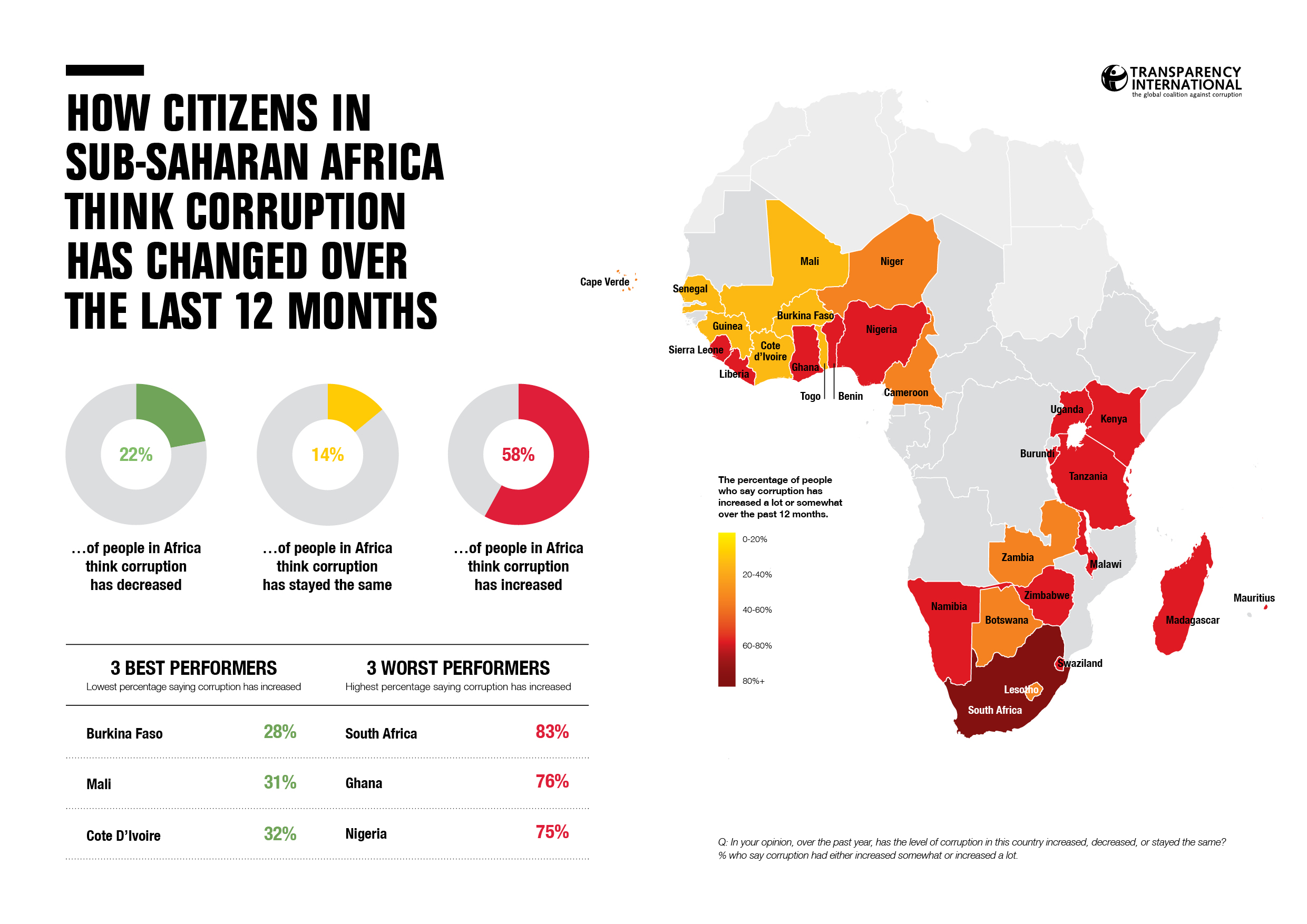
The sad truth is that African-Based Scams are only fueling the corruption continent-wide and the disparity that exists in these countries!
To learn more about African corruption please visit Transparency International!
END
WESTERN UNION REPAYMENT PROGRAM NEWS
FOR THE LATEST INFORMATION ABOUT THE WESTERN UNION REPAYMENT / REMISSION PROGRAM CLICK HERE – IT IS STILL OPEN FOR A PETITIONS FOR REPAYMENT
– – –
Tell us about your experiences with Romance Scammers in our Scams Discussion Forum on Facebook »
FAQ: How Do You Properly Report Scammers?
It is essential that law enforcement knows about scams & scammers, even though there is nothing (in most cases) that they can do.
Always report scams involving money lost or where you received money to:
- Local Police – ask them to take an “informational” police report – say you need it for your insurance
- Your National Police or FBI (www.IC3.gov)
- The Scars Worldwide Reporting Network HERE or on www.Anyscam.com
This helps your government understand the problem, and allows law enforcement to add scammers on watch lists worldwide.
Visit our NEW Main SCARS™ News & Information Facebook page for much more information about scams and online crime: www.facebook.com/SCARS.News.And.Information
To learn more about SCARS visit www.AgainstScams.org
Please be sure to report all scammers HERE or on www.Anyscam.com
All original content is Copyright © 1991 – 2018 SCARS All Rights Reserved Worldwide & Webwide – RSN/Romance Scams Now & SCARS/Society of Citizens Against Romance Scams are all trademarks of Society of Citizens Against Romance Scams Inc.
Reporting Scammers, Arrest Scammers, AVOID SCAMS, ROMANCE SCAMS, NIGERIAN SCAMMERS, ROMANCE SCAMS NOW, GHANA SCAMMERS, FAKE PROFILES, FACEBOOK SCAMMERS, BOYCOTT AFRICAN COFFEE
-/ 30 /-
What do you think about this?
Please share your thoughts in a comment below!
Table of Contents
- To Really Solve The Problem Of Nigerian Based Scamming We Need To Engage At Many Levels
- The Yahoo Politicians From the South-East, By Kenneth Amaeshi
- Corruption In Africa: More 75 Million People Pay Bribes
- Most African Governments Are Failing Their People
- WHAT NEEDS TO HAPPEN
- Infographics About African Corruption:
- The sad truth is that African-Based Scams are only fueling the corruption continent-wide and the disparity that exists in these countries!
- WESTERN UNION REPAYMENT PROGRAM NEWS
- Tell us about your experiences with Romance Scammers in our Scams Discussion Forum on Facebook »
- Please be sure to report all scammers HERE or on www.Anyscam.com
LEAVE A COMMENT?
Recent Comments
On Other Articles
- Arwyn Lautenschlager on Love Bombing And How Romance Scam Victims Are Forced To Feel: “I was love bombed to the point that I would do just about anything for the scammer(s). I was told…” Feb 11, 14:24
- on Dani Daniels (Kira Lee Orsag): Another Scammer’s Favorite: “You provide a valuable service! I wish more people knew about it!” Feb 10, 15:05
- on Danielle Delaunay/Danielle Genevieve – Stolen Identity/Stolen Photos – Impersonation Victim UPDATED 2024: “We highly recommend that you simply turn away form the scam and scammers, and focus on the development of a…” Feb 4, 19:47
- on The Art Of Deception: The Fundamental Principals Of Successful Deceptions – 2024: “I experienced many of the deceptive tactics that romance scammers use. I was told various stories of hardship and why…” Feb 4, 15:27
- on Danielle Delaunay/Danielle Genevieve – Stolen Identity/Stolen Photos – Impersonation Victim UPDATED 2024: “Yes, I’m in that exact situation also. “Danielle” has seriously scammed me for 3 years now. “She” (he) doesn’t know…” Feb 4, 14:58
- on An Essay on Justice and Money Recovery – 2026: “you are so right I accidentally clicked on online justice I signed an agreement for 12k upfront but cd only…” Feb 3, 08:16
- on The SCARS Institute Top 50 Celebrity Impersonation Scams – 2025: “Quora has had visits from scammers pretending to be Keanu Reeves and Paul McCartney in 2025 and 2026.” Jan 27, 17:45
- on Scam Victims Should Limit Their Exposure To Scam News & Scammer Photos: “I used to look at scammers photos all the time; however, I don’t feel the need to do it anymore.…” Jan 26, 23:19
- on After A Scam, No One Can Tell You How You Will React: “This article was very informative, my scams happened 5 years ago; however, l do remember several of those emotions and/or…” Jan 23, 17:17
- on Situational Awareness and How Trauma Makes Scam Victims Less Safe – 2024: “I need to be more observant and I am practicing situational awareness. I’m saving this article to remind me of…” Jan 21, 22:55
ARTICLE META
Important Information for New Scam Victims
- Please visit www.ScamVictimsSupport.org – a SCARS Website for New Scam Victims & Sextortion Victims
- Enroll in FREE SCARS Scam Survivor’s School now at www.SCARSeducation.org
- Please visit www.ScamPsychology.org – to more fully understand the psychological concepts involved in scams and scam victim recovery
If you are looking for local trauma counselors please visit counseling.AgainstScams.org or join SCARS for our counseling/therapy benefit: membership.AgainstScams.org
If you need to speak with someone now, you can dial 988 or find phone numbers for crisis hotlines all around the world here: www.opencounseling.com/suicide-hotlines
A Note About Labeling!
We often use the term ‘scam victim’ in our articles, but this is a convenience to help those searching for information in search engines like Google. It is just a convenience and has no deeper meaning. If you have come through such an experience, YOU are a Survivor! It was not your fault. You are not alone! Axios!
A Question of Trust
At the SCARS Institute, we invite you to do your own research on the topics we speak about and publish, Our team investigates the subject being discussed, especially when it comes to understanding the scam victims-survivors experience. You can do Google searches but in many cases, you will have to wade through scientific papers and studies. However, remember that biases and perspectives matter and influence the outcome. Regardless, we encourage you to explore these topics as thoroughly as you can for your own awareness.
Statement About Victim Blaming
SCARS Institute articles examine different aspects of the scam victim experience, as well as those who may have been secondary victims. This work focuses on understanding victimization through the science of victimology, including common psychological and behavioral responses. The purpose is to help victims and survivors understand why these crimes occurred, reduce shame and self-blame, strengthen recovery programs and victim opportunities, and lower the risk of future victimization.
At times, these discussions may sound uncomfortable, overwhelming, or may be mistaken for blame. They are not. Scam victims are never blamed. Our goal is to explain the mechanisms of deception and the human responses that scammers exploit, and the processes that occur after the scam ends, so victims can better understand what happened to them and why it felt convincing at the time, and what the path looks like going forward.
Articles that address the psychology, neurology, physiology, and other characteristics of scams and the victim experience recognize that all people share cognitive and emotional traits that can be manipulated under the right conditions. These characteristics are not flaws. They are normal human functions that criminals deliberately exploit. Victims typically have little awareness of these mechanisms while a scam is unfolding and a very limited ability to control them. Awareness often comes only after the harm has occurred.
By explaining these processes, these articles help victims make sense of their experiences, understand common post-scam reactions, and identify ways to protect themselves moving forward. This knowledge supports recovery by replacing confusion and self-blame with clarity, context, and self-compassion.
Additional educational material on these topics is available at ScamPsychology.org – ScamsNOW.com and other SCARS Institute websites.
Psychology Disclaimer:
All articles about psychology and the human brain on this website are for information & education only
The information provided in this article is intended for educational and self-help purposes only and should not be construed as a substitute for professional therapy or counseling.
While any self-help techniques outlined herein may be beneficial for scam victims seeking to recover from their experience and move towards recovery, it is important to consult with a qualified mental health professional before initiating any course of action. Each individual’s experience and needs are unique, and what works for one person may not be suitable for another.
Additionally, any approach may not be appropriate for individuals with certain pre-existing mental health conditions or trauma histories. It is advisable to seek guidance from a licensed therapist or counselor who can provide personalized support, guidance, and treatment tailored to your specific needs.
If you are experiencing significant distress or emotional difficulties related to a scam or other traumatic event, please consult your doctor or mental health provider for appropriate care and support.
Also read our SCARS Institute Statement about Professional Care for Scam Victims – click here to go to our ScamsNOW.com website.






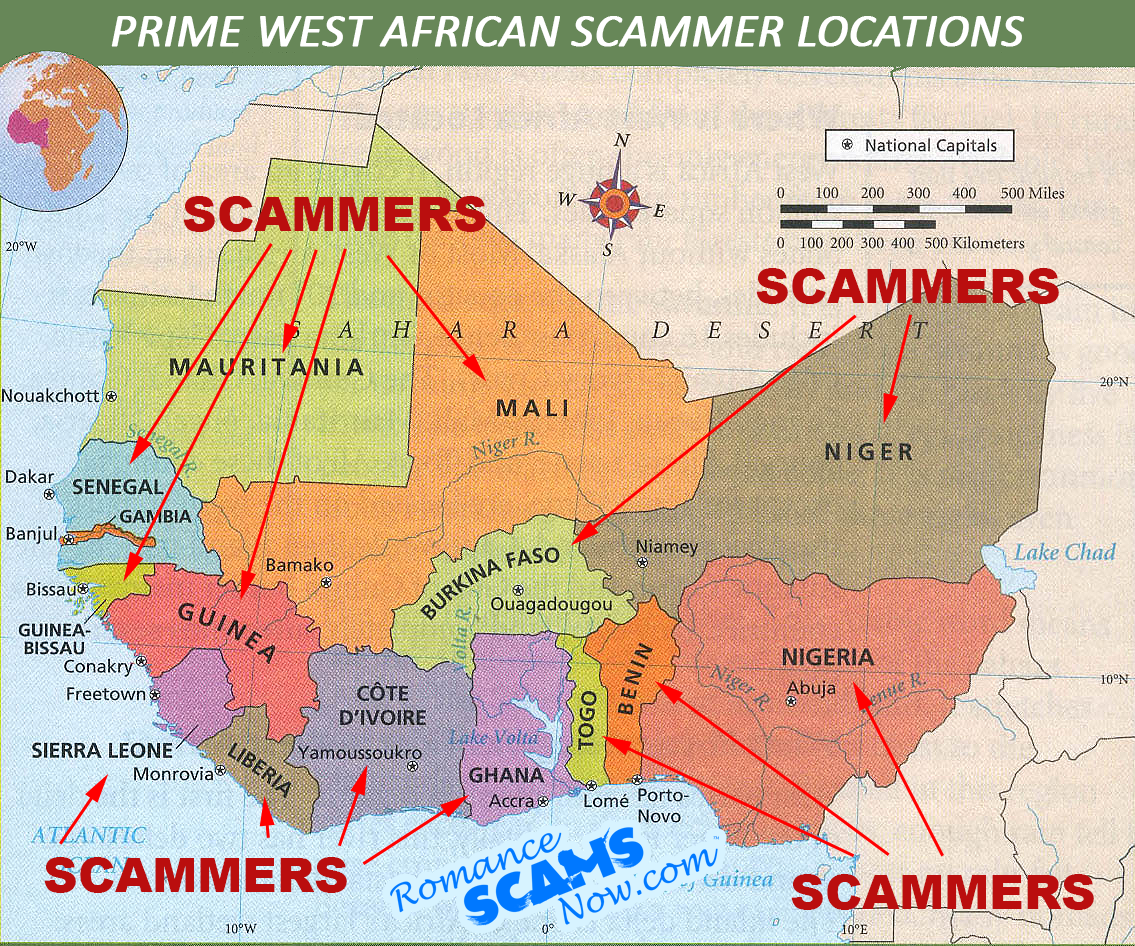
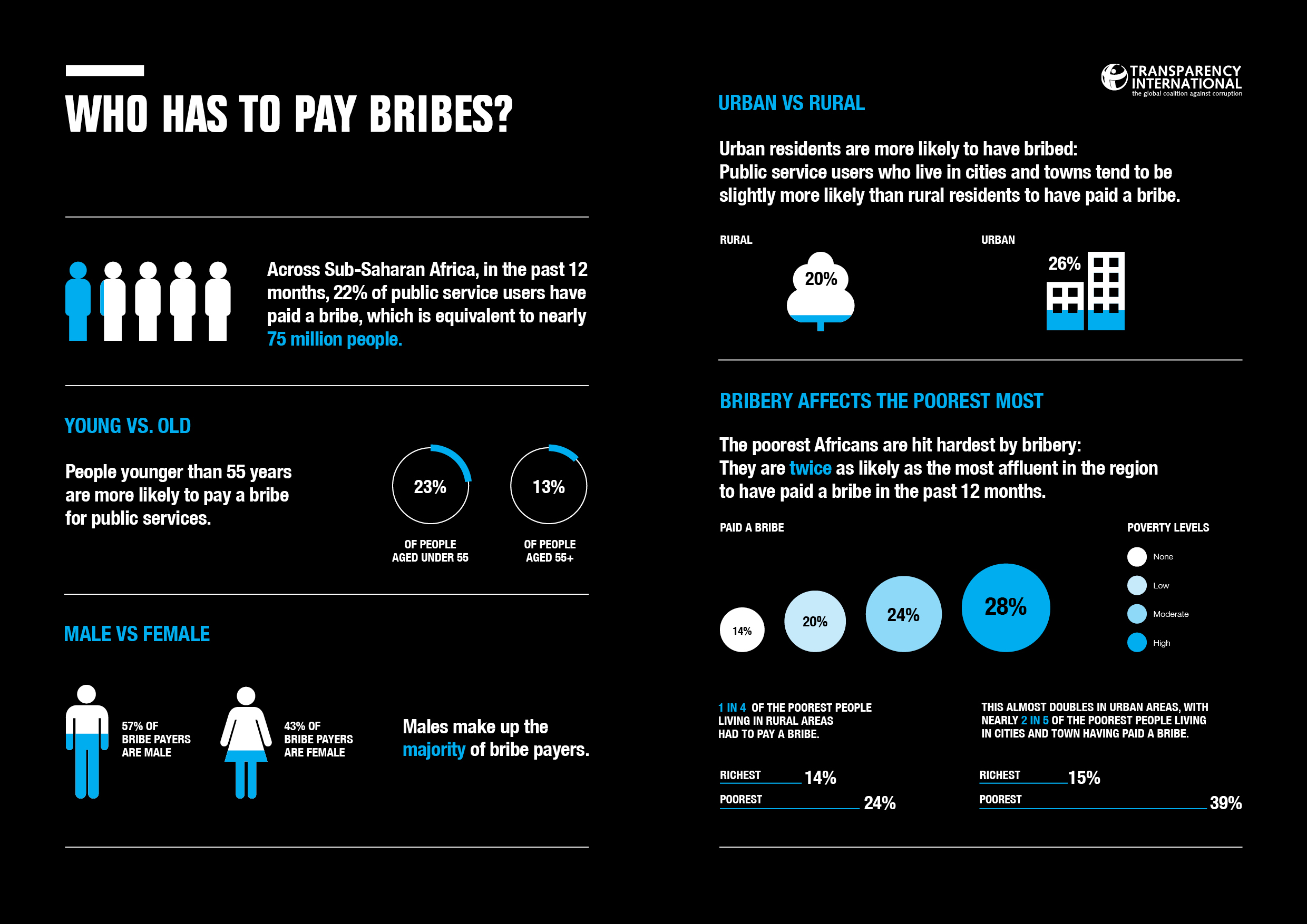
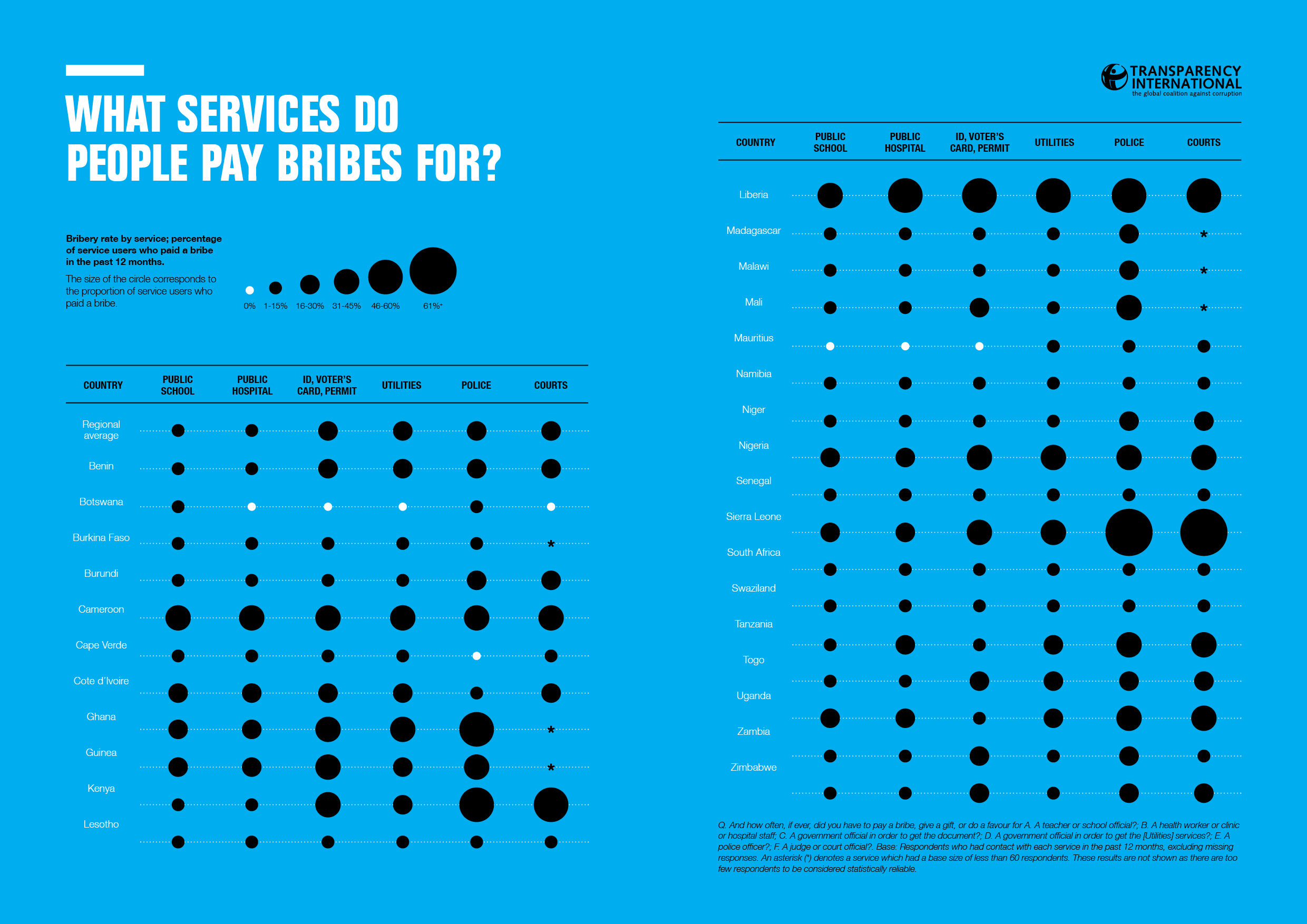
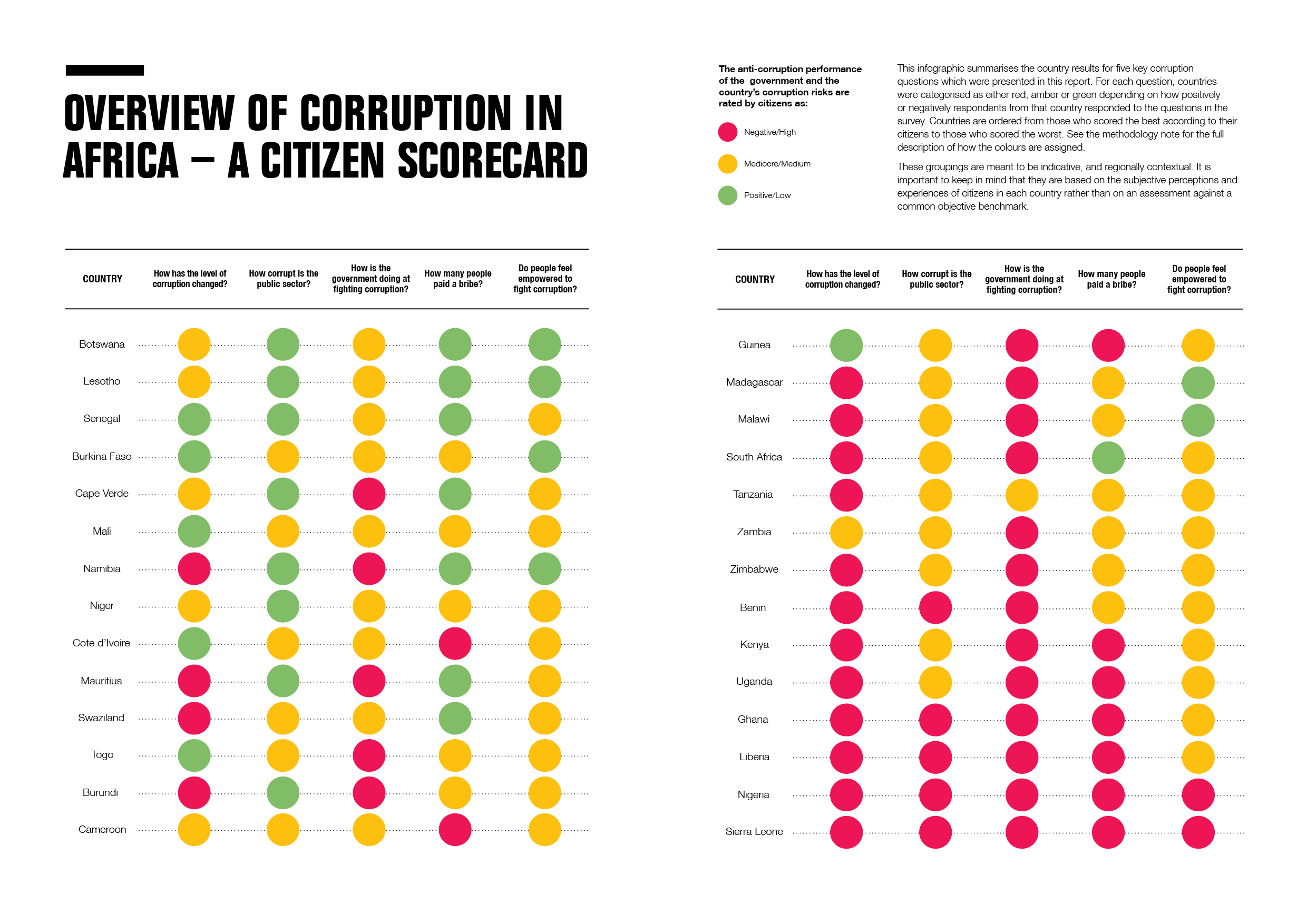










Thank you for your comment. You may receive an email to follow up. We never share your data with marketers.